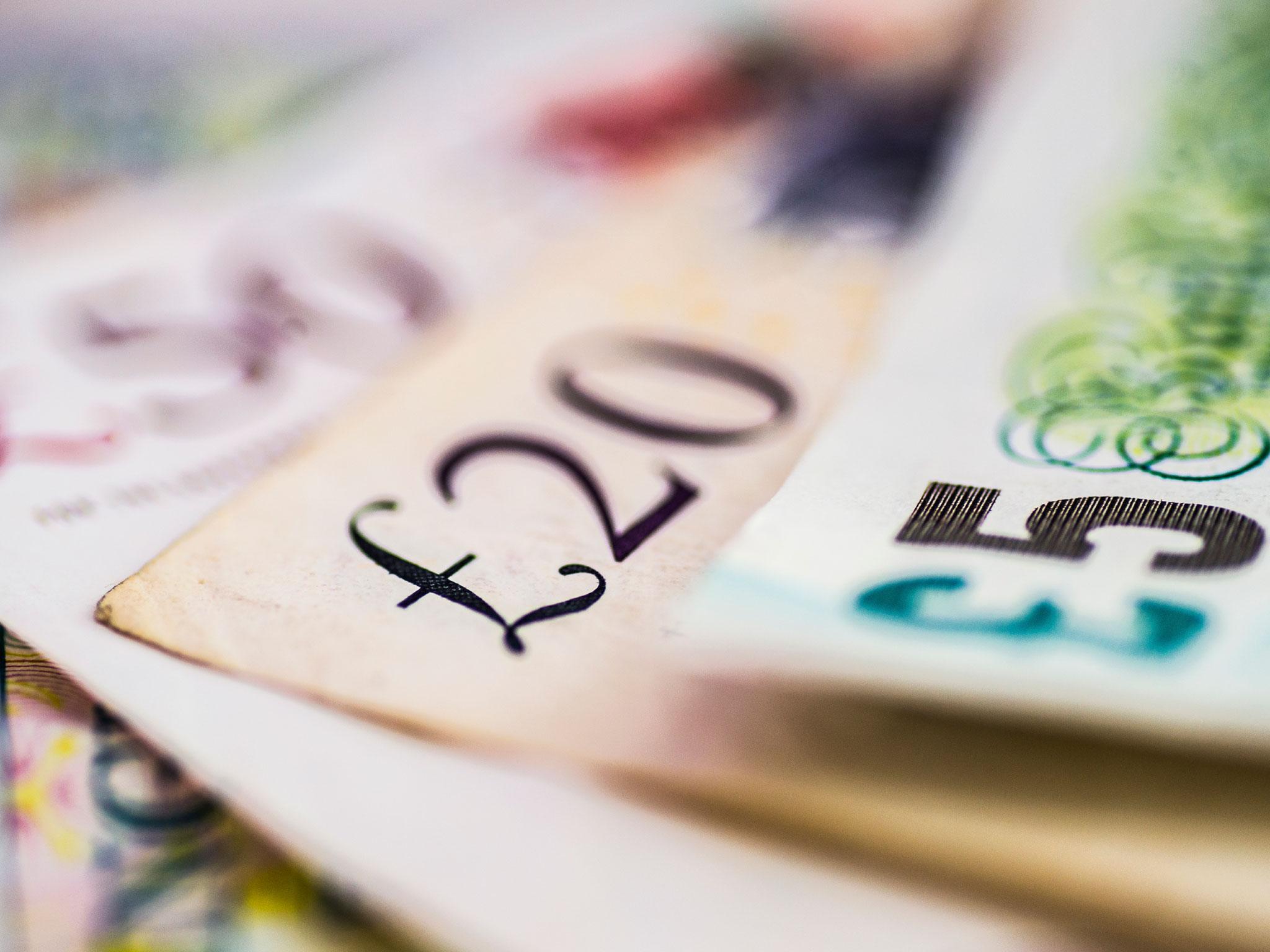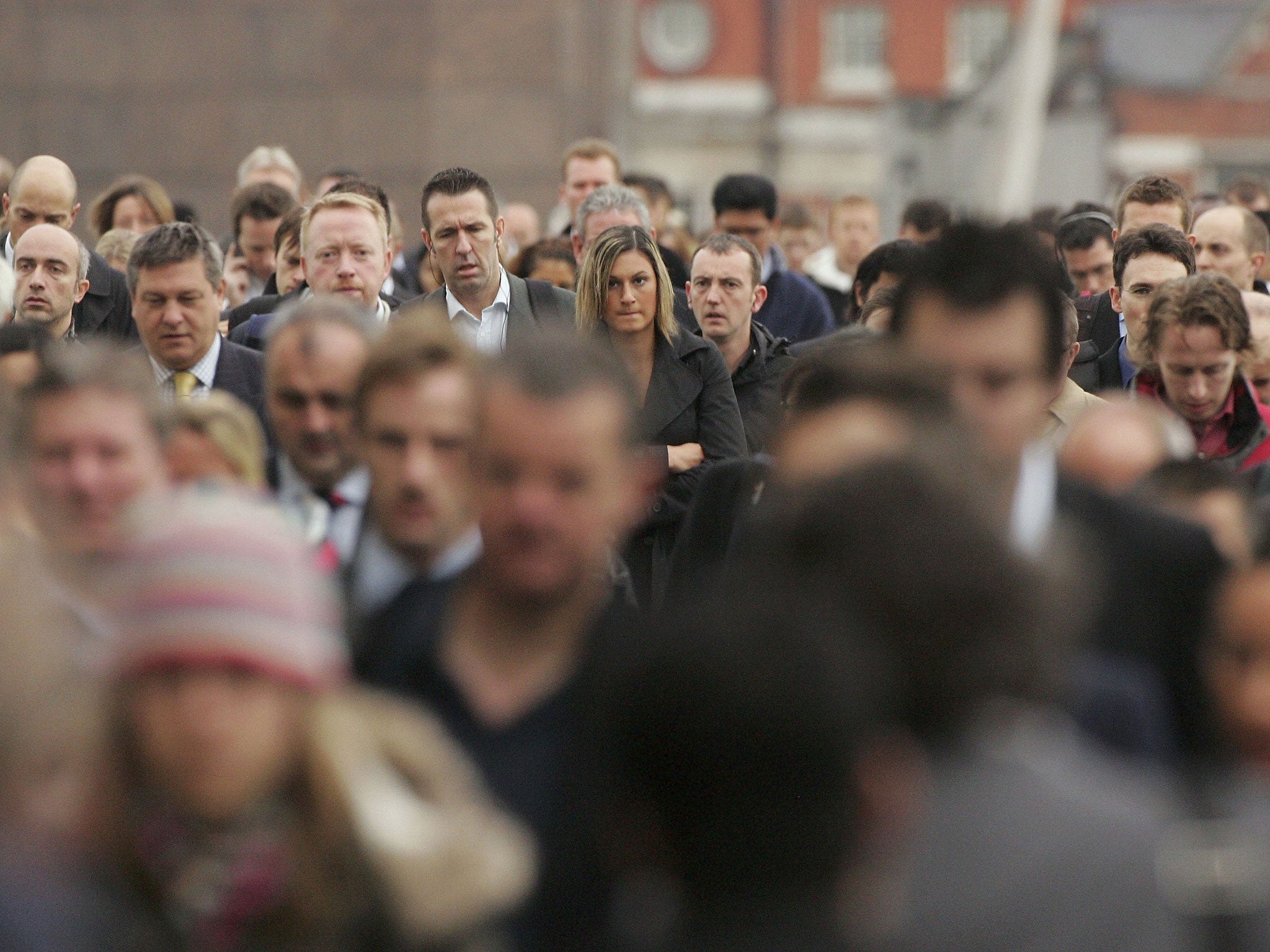20 questions you should never ask at the end of a job interview

When you're in the hot seat, there's a good chance that your interviewer will turn the tables at some point and ask, "Do you have any questions for me?"
When you have the floor, you'll want to take full advantage of the opportunity to show that you've done your homework and determine if the job is a good fit.
But it's imperative that you put just as much thought into what you ask as you do your responses to their questions. That's because your queries may reflect your knowledge of the company, work ethic, level of professionalism, and interest in the role.
"In the first interview, you'll want to be sure to ask the right questions. Ask about the job and company; not questions that can come off as self-serving and give the impression you may not be a team player or be willing to give 100%," says Amy Hoover, president of the job board Talent Zoo.
She continued: "The sole purpose of the interview is to determine if you are a good fit for the company, and if it's a good fit for you. All the other issues and concerns should be addressed during negotiations after the job offer has been made."
Here are 20 questions you'll want to avoid during the first job interview, as they may do more harm than good:
What does your company do?
Questions like this will make you look unprepared. To avoid that, never ask anything that can easily be answered with a Google search.
What will my salary be?

Hold off on the money talk.
"Candidates have to walk a thin line between gathering information they need about a company and assuming they are going to get the position," says Jesse Siegal, a senior managing director at The Execu|Search Group staffing firm.
Asking about money too early in the process sends the message that you're arrogant and rude.
Will I have to work long hours?
This says, "I'm lazy."
How soon can I take a holiday?

Planning your time off before you've even gotten the job sends the message that you're not committed to the work.
Will I have an expense account?
There's really no reason to ask this in the interview. Plus, it sends the wrong message.
How quickly could I be considered for a promotion?
Focus on the job at hand.
What happens if I don't get along with my boss or coworkers?
The interviewer may wonder if you've had problems with colleagues in the past — and they may even assume that you're difficult to work with.
What are benefits like?
It's better to save this question for the end of the process, when it's more clear that you'll receive a job offer.
"Often, companies post information about their benefits on their websites in order to attract candidates, so it may be possible to find this information without asking in an interview," Siegal says.
When will I be eligible for a raise?
This may tell the interviewer that money is the only thing you care about.
Can I arrive early or leave late as long as I get my work done?

Don't try to make adjustments to the schedule before you've even been offered the job.
Are you married?/Do you have kids?/etc.
Never ask the interviewer any personal questions.
Do you check social-media accounts?
Job seekers should always assume that their prospective employers will find and view their social-media accounts.
"Asking about whether employers will check raises huge red flags for the company, who may wonder if a candidate will be a threat to the company's image," Siegal says.
Do you do background checks?
This one may also make the interviewer suspicious.
Do you monitor emails or internet usage?
This question will raise red flags — something you definitely don't want to do in the interview.
Will I have my own office?
Does it really matter?
I heard this rumor about the CEO. Is it true?

You should never bring gossip into a job interview. It's highly unprofessional.
What are grounds for termination?
It's not a good idea to get the interviewer thinking about firing you before they've even hired you.
Can I make personal calls during the day?
This one says that you're not 100% focused on your work.
How did I do?
This one puts the interviewer on the spot. If you really want feedback, wait until you get the offer or rejection, and then ask in an email what you did well or could have done better.
Did I get the job?
You don't want to appear too eager.
Bonus: The worst question of all is the one you never ask.
"Not asking questions can be just as bad, or worse, than asking terrible questions," says Deborah Shane, a career author, speaker, and media consultant. "It can reveal a lot about your communication skills, personality, and confidence — and it can leave the interviewer with a bad impression of you."
Read more:
• 13 useful life hacks you can learn in a minute
• Why Microsoft's chatbot turned into a racist
• Everyone is worried that the China bubble will pop
Read the original article on Business Insider UK. © 2016. Follow Business Insider UK on Twitter.
Join our commenting forum
Join thought-provoking conversations, follow other Independent readers and see their replies
Comments
Bookmark popover
Removed from bookmarks